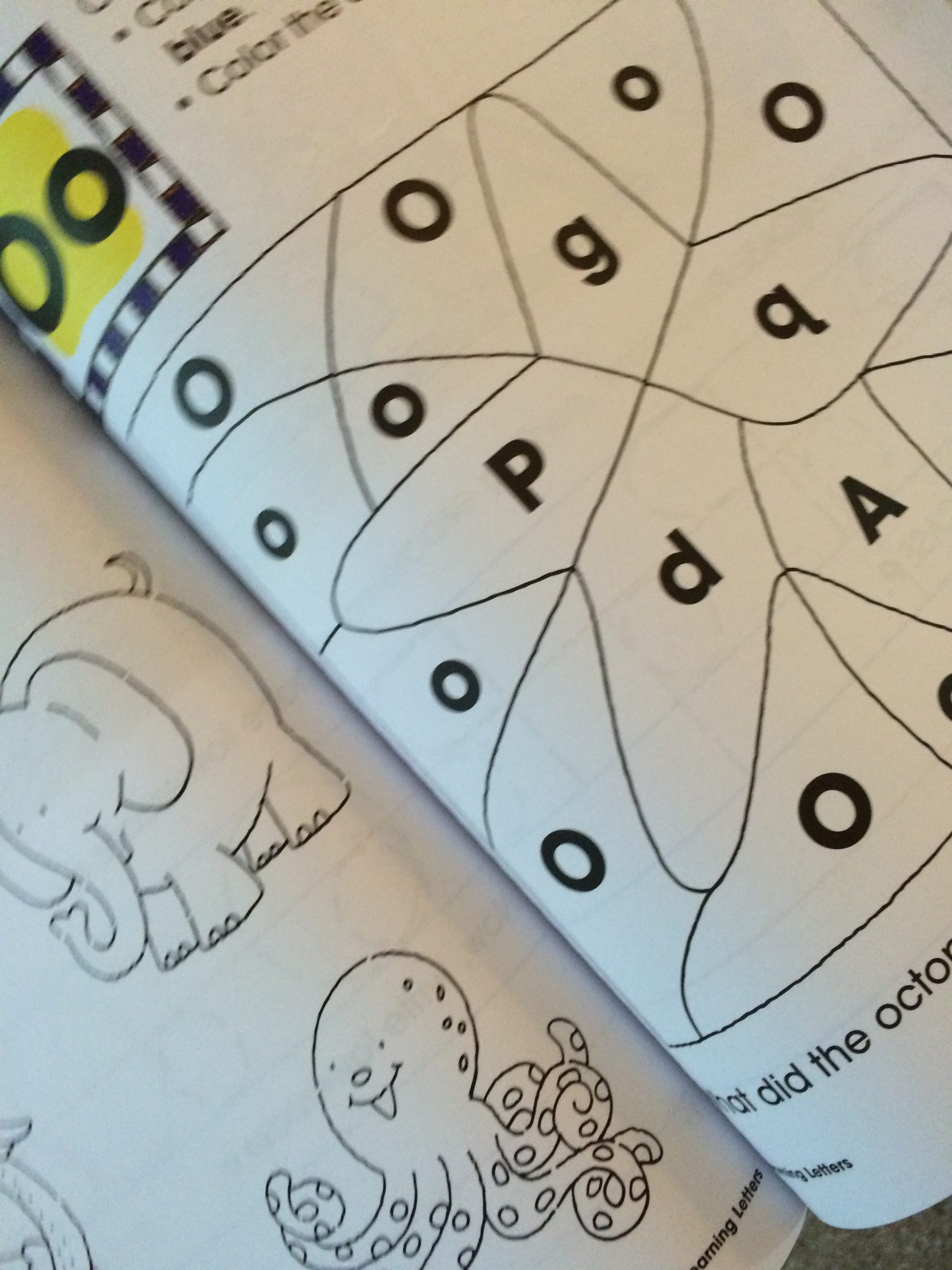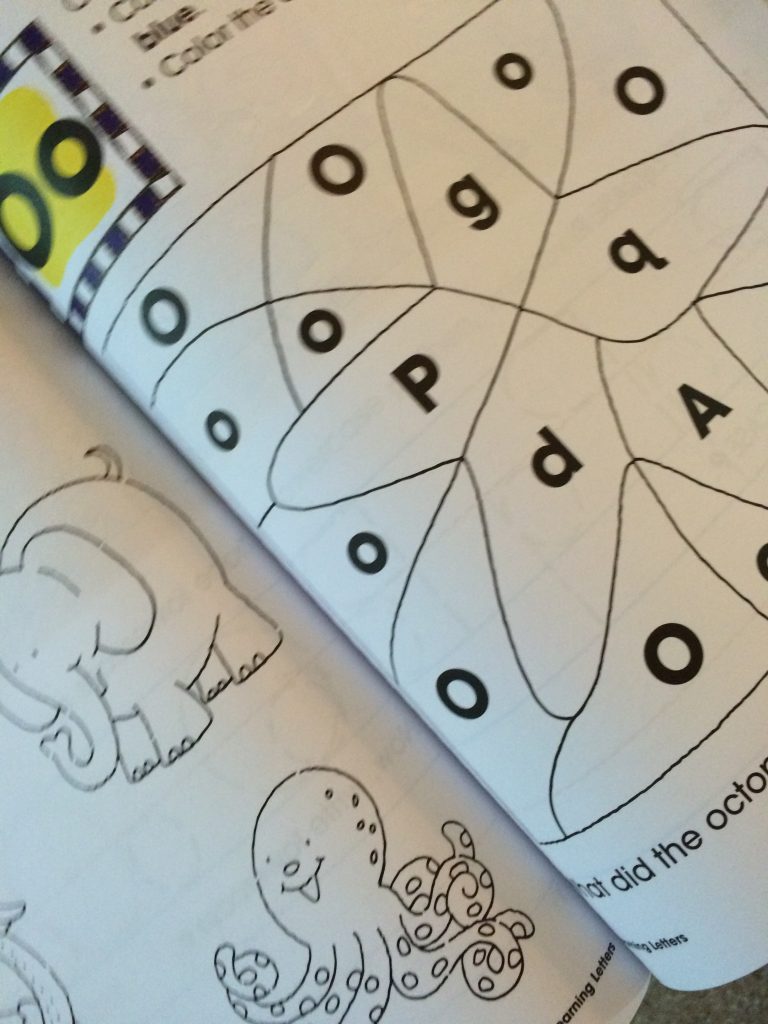There has been much debate over the last century over homework. At first people said it was a way of exercising the brain, then people worried that the U.S. would fall behind other countries. Then everyone began to worry that it caused too much stress on students. More recently, with teachers under the microscope, its purpose is again questioned.
A survey conducted by MetLife indicates that 29% of students claim that homework helped them learn more in school, 59% of parents believed that it helped achievement, and 55% of teachers believed it helped with the learning process.
If homework only consists of practice, the adage that ‘practice makes perfect’ only benefits the student if the practice is done correctly. Researchers have found that practice alone doesn’t always lead to success. It must be the right kind of practice to optimize the learning experience and increase the skill level.
In education, practicing both physically and mentally aids in the learning experience. Learning and skill development also depends on how early the learning starts, the overall intelligence of each student, memory capacity, and an inborn talent.
Mental practice is just as important as the hands on practice. It means to imagine the process of performing a task – thinking it through.
Presently there are three types of homework: repetition, extension, and preparation. The traditional and most common type of homework is repetition – hated by most students and parents. It becomes busy work. Who wants to write spelling words 3 times each, write definitions for 10 science words or solve 20 long division problems? The real question is: who is learning from this type of practice? It’s not perfect practice, especially if the student is practicing incorrectly.
Students benefit when parents monitor and help with homework. Research shows that if a child is having difficulty with homework, parents need to become involved. To be of any help at home, parents need to understand the school’s teaching methods. More practical ways to help is to review what was learned:
• have students prepared for the following day,
• use libraries and reference materials,
• investigate more thoroughly a topic or a concept,
• set a regular time and place to work.
Students should not have hours of homework. The rule of thumb is to multiple the grade level by 10 to determine the minutes per night – i.e. second grade = 20 minutes. Kindergarten students should not be bogged down with homework. They should read nightly as an assignment.
Most parents and teachers believe that homework has value in the learning process – as long as it is not busy work. Homework must be meaningful, realistic, and have a purpose.



